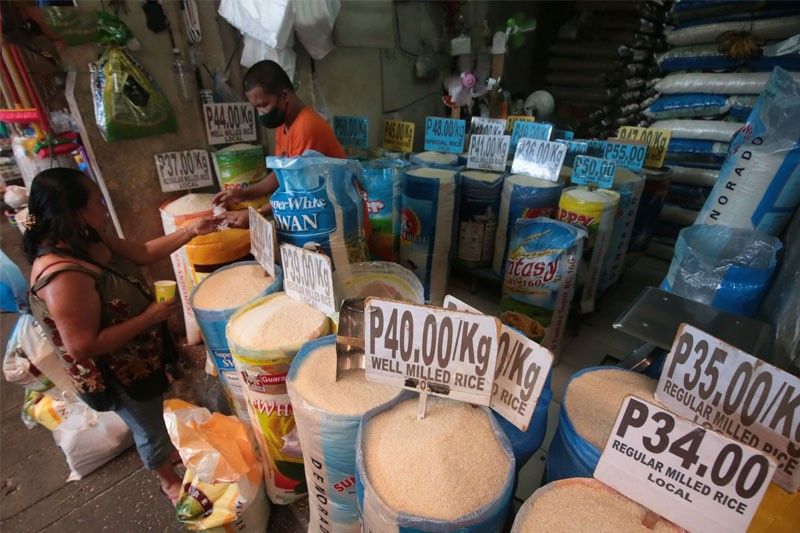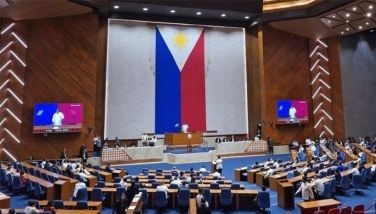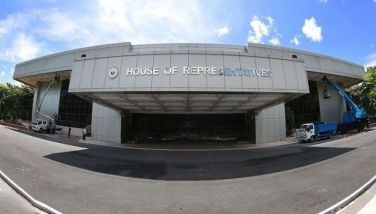‘Government should allow full foreign ownership in rice, corn sectors’

MANILA, Philippines — The Foundation for Economic Freedom (FEF) is pushing for the opening of the rice and corn sectors to full foreign ownership to boost the supply of the staples.
“We, the FEF, call on the 19th Congress to build on its momentum to attract more capital into the country by removing foreign investment restrictions in the critical rice and corn sectors – staple commodities of the Filipino food basket,” the group said in a statement yesterday.
FEF said foreigners were prohibited to take part in the rice and corn sectors as far back as 1960 through Republic Act 3018 or the Rice and Corn Nationalization Law, which limits to Filipinos the culture, milling, warehousing, transporting, exportation, importation as well as handling of distribution in the rice and corn industries.
Efforts were made to relax the restriction by allowing the entry of foreigners in the rice and corn industries through the Rice and Corn Law in 1973.
Under the same law, however, the then-National Grains Authority (NGA) was empowered to prescribe a period allowed for wholly foreign-owned companies to engage in the rice and corn trade, after which a mandatory divestment was required, with at least 60 percent to be held by a domestic entity.
In 1998, the NGA’s successor National Food Authority issued Resolution 193-98, which sets the divestment period for foreign companies at 30 years from the time of actual operations.
FEF said these laws and issuances have restricted the entry of foreign investments in these sectors where capital is needed.
“These policies have hampered the growth of foreign participation in these two vital staple markets, while threatening the many foreign companies involved in the rice and corn sectors today, including those which use these commodities as inputs to their production processes such as food and feed manufacturers, as well as livestock and poultry growers,” FEF said.
As such, the group urged Congress to pursue the full repeal of the Rice and Corn Law and open up the rice and corn sectors to full foreign participation.
The group said the country’s reliance on imports for these staple commodities shows the need for further investments to be made in these sectors.
FEF expects foreign investments in these sectors to bring additional benefits through the transfer of new technologies, such as biotech seeds and the development of higher value-added downstream industries such as ethanol or even starch/syrup production.
“As the administration today looks to pursue food security as a foundation for national development, opening up of the rice and corn sectors can unleash a new age of investments and technology transfer that can boost the productivity of these commodities on the supply side, while also inducing a healthy demand for these crops in more modern, higher value-added contribution sectors downstream,” FEF said.
In addition, the reform is seen to create more jobs, increased market competition as well as improved affordability, accessibility and availability of rice and corn for Filipinos.
“This reform is especially timely given the food shortages, high food prices, malnutrition and hunger the country faces today,” FEF said.
Dedicated to advancing economic and political liberty, good governance, secure and well-defined property rights, market-oriented reforms and consumer protection, the FEF is composed of top economists, former and present cabinet secretaries and undersecretaries, leading figures in the academe, columnists and opinion-makers, and prominent members of the business and finance community.
- Latest
- Trending































